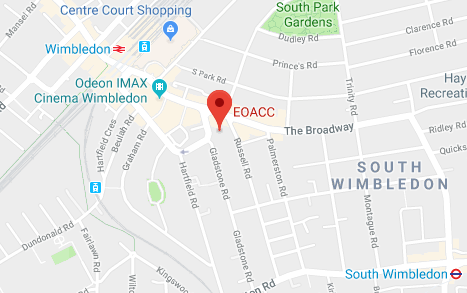Advice for charities to concentrate on their positive work
The Charity Commission has recently concluded its regulatory compliance case into the Actors’ Benevolent Fund and has drawn out some lessons that can benefit all charities.
The case was opened in February 2022 over concerns about how the Fund was being governed and its financial controls. There were significant disagreements about how trustees were appointed to the charity’s board, as well as how they were removed or retired from it. Needless to say, these disagreements have been very disruptive to the charity and its ability to deliver on its charitable aims.
As a result, the Charity Commission is advising trustees of all charities to consider how they can avoid disputes over trusteeship and, where they do arise, how a disagreement can be handled while minimizing the impact on the charity.
They have advised trustees to:
- Check that the charity’s governing document is fit for purpose and not open to differing interpretations. It should particularly be clear on how to appoint trustees and honorary roles. The Charity Commission provides guidance that will allow trustees to do this.
- Ensure good practice on governance essentials. This includes running effective meetings and being clear on how to appoint or elect trustees in line with the charity’s governing document.
- Ensure trustees are regularly rotated. The Charity Governance Code recommends a rigorous review of the reappointment of any trustee who has served for nine or more years.
- Ensure that decision-making and governance processes are transparent. Taking minutes at meetings helps to protect a charity when there’s an internal dispute or external critics on a decision made.
The Charity Commission has acknowledged that disagreements can occur but encourages trustees to never lose sight of the best interests of the charity as a whole or the good work it does for those that rely on it.
As implied by the points made above, the Commission found that the Actors’ Benevolent Fund had an unclear governing document and had insufficient financial policies, which had contributed to the dispute. The charity’s governing document has since been updated, and a new board of trustees was appointed by election in January this year.
While the Charity Commission cannot referee differences of opinion between trustees, this case demonstrates that they can step in and appoint trustees where they feel it’s required.
The wider lesson, then, is not to allow a disagreement to spoil a good thing!
If you have any questions about governance or need assistance with ensuring your charity’s compliance, get in touch with our Wimbledon accountants. We are here to help you navigate these challenges and ensure your charity continues its positive work without disruption.

